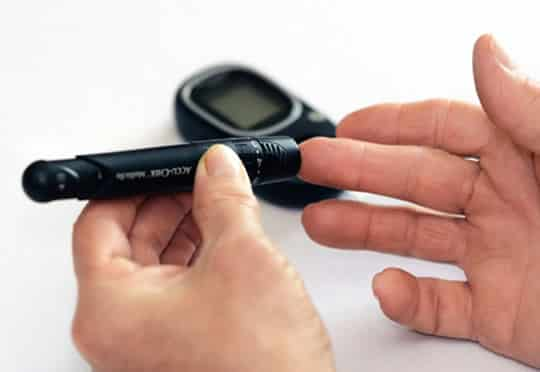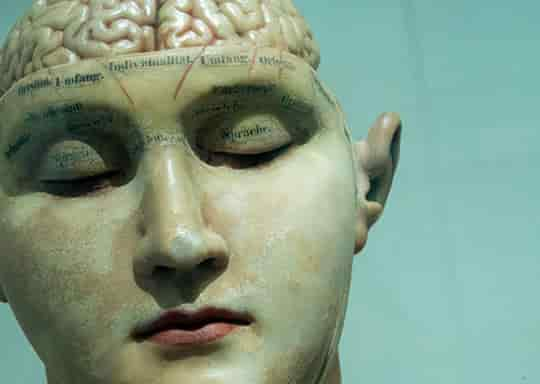An easy way to predict if you are more likely to develop type 2 diabetes.
Poor handgrip strength could be a sign of type 2 diabetes (T2D), according to scientists.
Handgrip strength is an easy and quick test to single out those who are at high risk for developing T2D.
The study of 776 people with no history of T2D found that risk of the disease decreased by half for those scoring higher in handgrip strength.
Diabetes is the seventh leading cause of death and more than 10 percent of the US population are living with this disorder.
Although unhealthy diet, lack of exercise, smoking, drinking too much alcohol, obesity, getting older, and family history are conventional risk factors for developing diabetes, sometimes the disease can’t be predicted in time.
Therefore, loss of muscle and reduced strength can be an important indicator of serious health conditions and has been associated with heart disease, cancer, and early death.
A recent review of 10 studies revealed that people scoring higher in handgrip strength test were 27 percent less likely to have diabetes.
The current research asked participants to grip a hand dynamometer with maximum effort for five seconds.
They found that those who had higher handgrip strength were at a 50 percent lower risk of diabetes.
When they combined this test with other conventional risk factors the prediction of T2D improved even more.
Dr Setor Kunutsor, the study’s first author, said:
“These findings may have implications for the development of type 2 diabetes prevention strategies.
Assessment of handgrip is simple, inexpensive and does not require very skilled expertise and resources and could potentially be used in the early identification of individuals at high risk of future type 2 diabetes.”
Also, it appears that women’s handgrip strength was a better predictive tool for T2D than for men.
Professor Jari Laukkanen, study co-author, said:
“These results are based on a Finnish population.
Given the low number of events in our analyses, we propose larger studies to replicate these findings in other populations and specifically in men and women.”
The study was published in the journal Annals of Medicine (Kunutsor et al., 2020).






